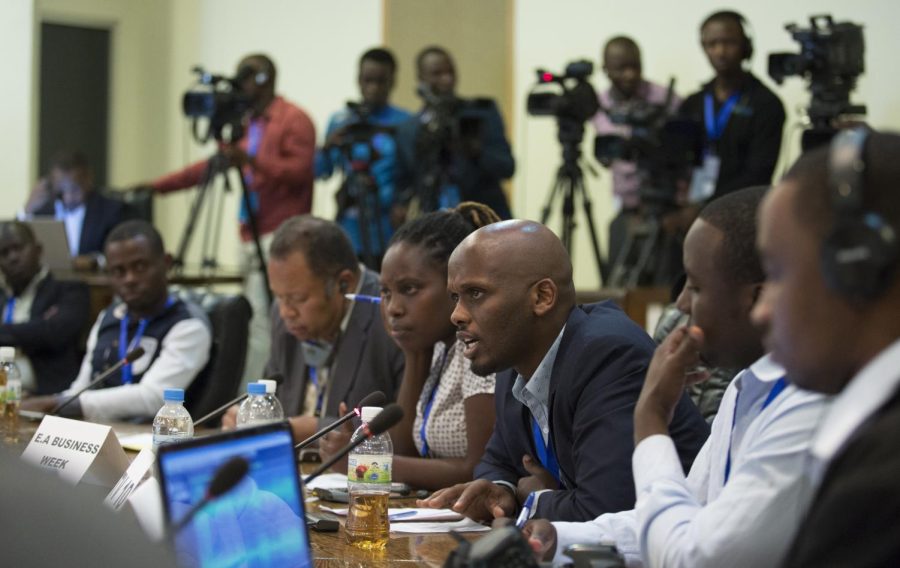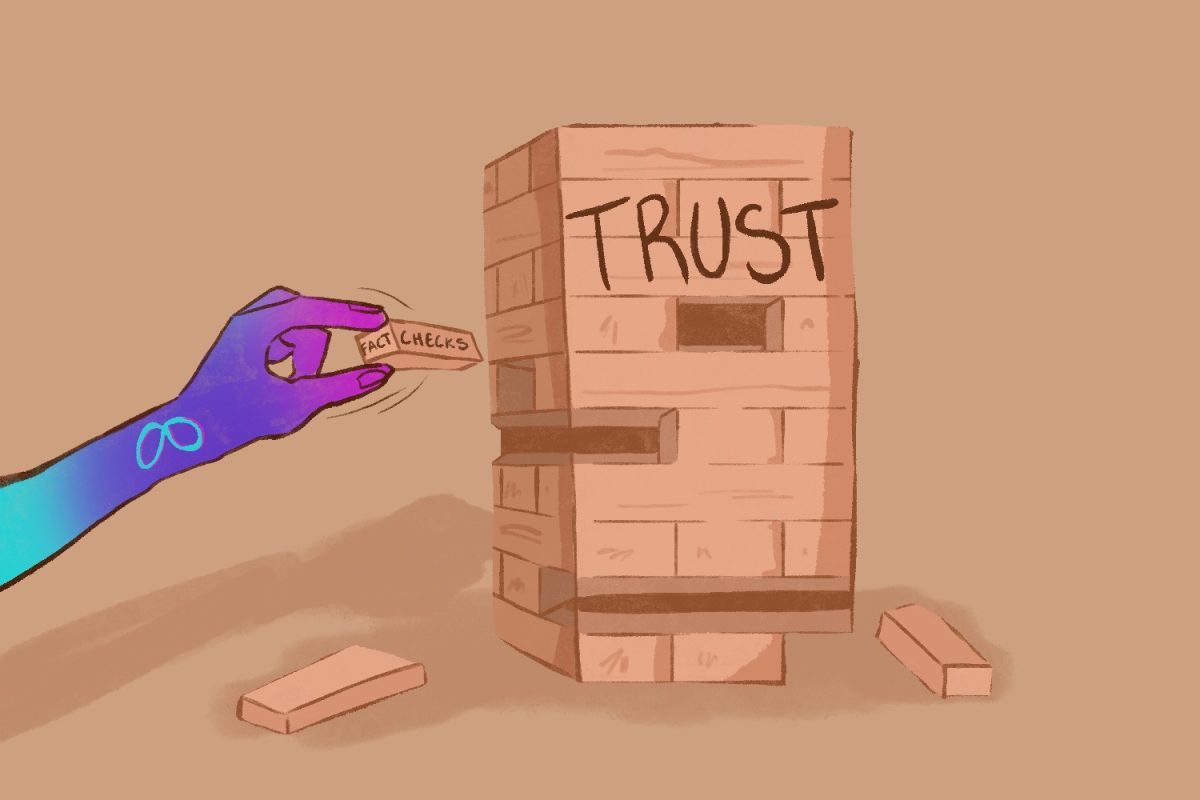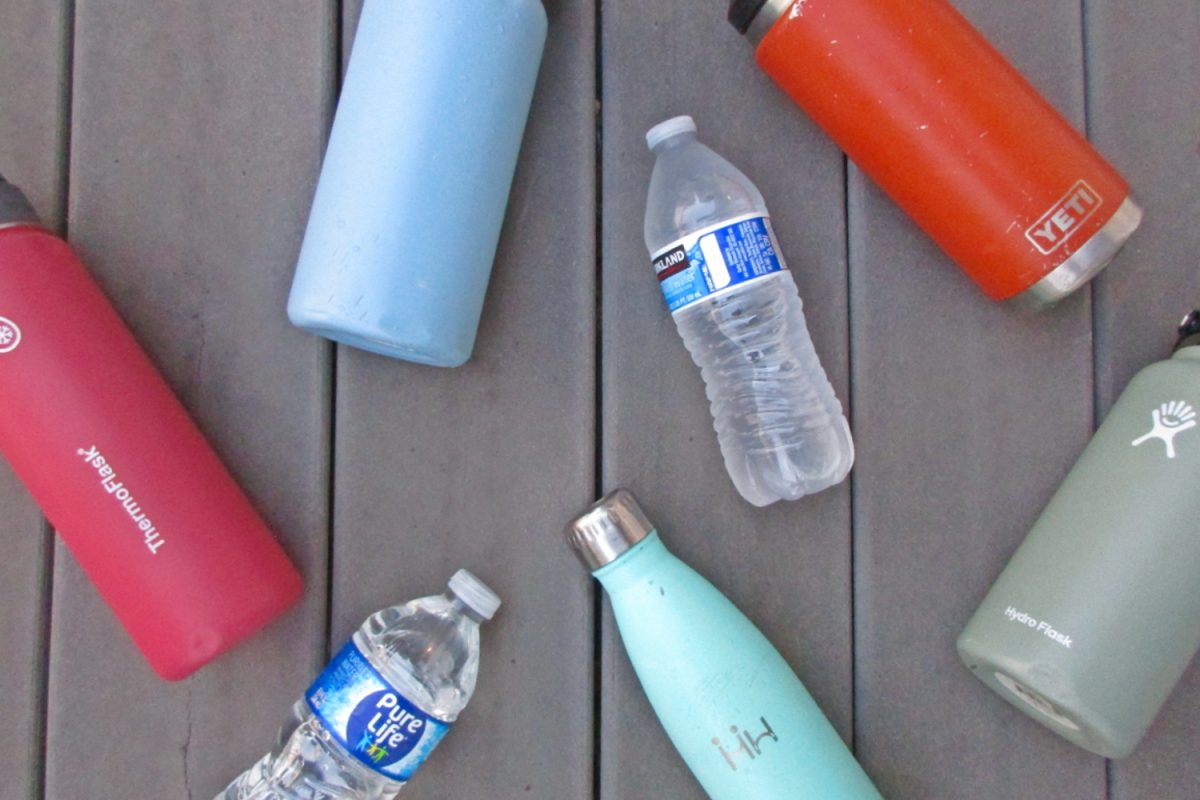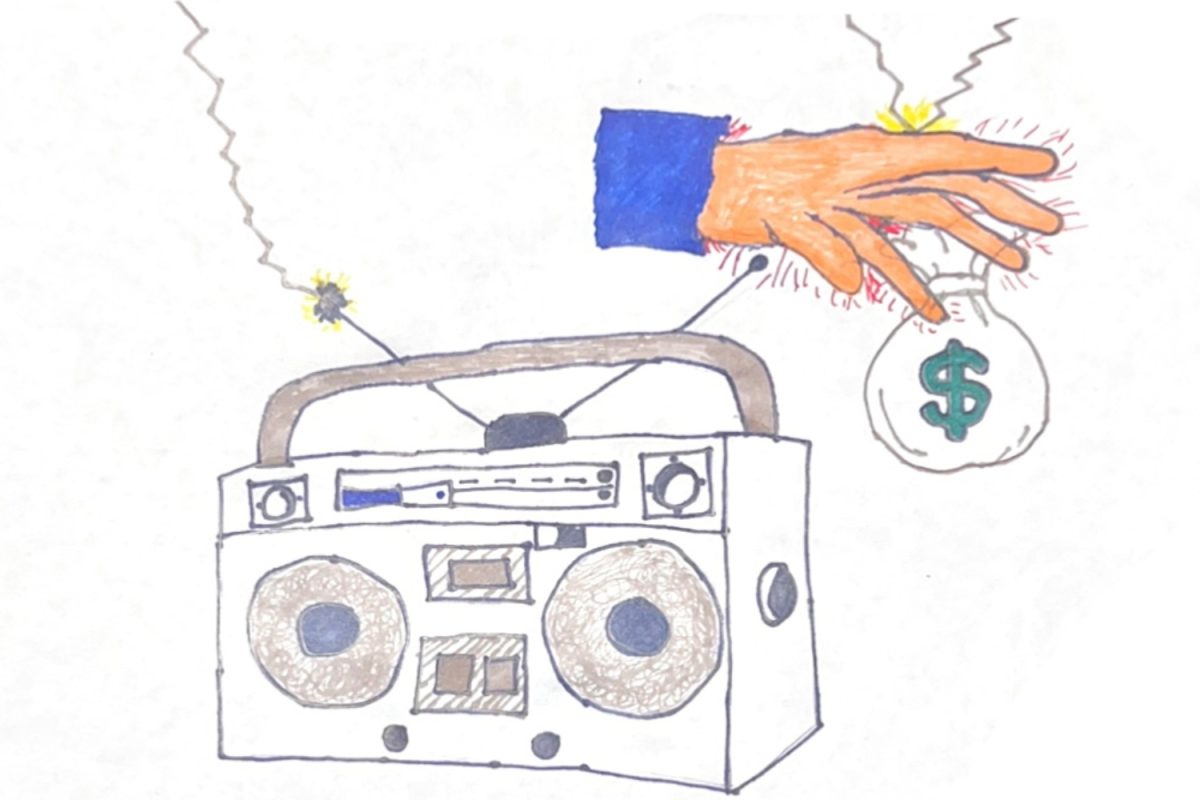Warning: Article contains links to vulgar content that may be distressing for some readers.
Fake news is everywhere. It is the disappointing reality of our society.
Not every news outlet spreads fake news; sites like The New York Times, Washington Post, CNN, and ESPN are known for their accurate reporting. However, they, too, have fallen victim to poor journalism practices that have led to harmful viral news.
On Aug 26, a college women’s volleyball game between Duke and Brigham Young University (BYU) took place. According to one of the black members of the Duke team, Rachel Richardson, she, along with other black players, was heckled with racist and derogatory remarks from the crowd.
The day after the game, Richardson’s godmother added in a tweet, “She was threatened by a white male that told her to watch her back going to the team bus. A police officer had to be put by their bench.” This tweet went viral gaining 53,000 retweets and national attention before it was archived.
The story soon got picked up by The New York Times and ESPN, who interviewed Richardson and her family.
The Washington Post, CNN, Sports Illustrated, and NPR also rushed to publish articles in fear of missing the hype train.
Surprisingly, no publication stopped to fact-check Richardson’s story.
No one thought it was suspicious that none of Richardson’s teammates came forward or that no one in the crowd confirmed these claims.
BYU scrambled to issue an apology to save its plummeting reputation; however, the damage had been done.
On Sept 9, BYU published the conclusions of their investigation into the incident, resulting in no evidence supporting Richardson’s claim. Even though the information was proven false, some news sites did not update their original articles.
But this is not about the sites themselves but the harm that false reporting has caused.
One of the biggest rules of journalism is always to get a second source, and these massive news companies bypassed a crucial step to maintain relevance. That is not good journalism practice and is one of the main reasons people don’t trust the media.
However, this is not exclusive to national news.
In 2017, Carlmont had its share of attention when the anti-Semitic actions of a few students led to a false label from local news sites.
False reporting has hurt Carlmont’s reputation, similar to how it has damaged BYU’s reputation.
These articles garner thousands more views than the rebuttals written after the information has been proven false, leaving people to make their judgments off on incorrect information.
This has to stop.
Not only should more individuals fact-check on their own, but news sites also need more fair and accurate reporting to combat the fake news that plagues our society.
*This editorial reflects the views of the Scot Scoop Editorial Board and was written by Nyah Simpson. The Editorial Board voted 5 in agreement, 5 somewhat in agreement, and 2 refrained from voting.












